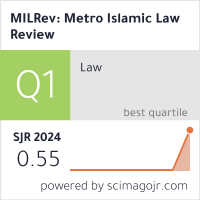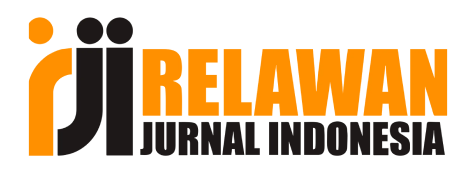External Debt the State for Indonesia’s Economic Development in Perspetive of Islamic
DOI:
https://doi.org/10.32332/milrev.v1i1.6195Keywords:
Foreign Debt, Economic Policy, Economic DevelopmentAbstract
In a country, economic development is the process of how that country can develop. National development is carried out in order to achieve a developed country and make the people there prosperous. Economic development cannot be separated from a country, the process and impact reap many pros and cons in various ways. In its continuity, economic development will not occur without being accompanied by the provision of large capital funds. Often the government brings in funds or, let's say, borrows funds from foreign countries to support the success of economic development. As a result, foreign debt has piled up, hampering economic development. Foreign debt that occurs in developing countries, especially Indonesia, cannot be avoided. Foreign debt occurs due to various factors, one of which is limited human resources that are less effective, which indirectly forces a country to borrow funds from foreign countries because an ineffective workforce does not produce sufficient financial resources for economic development. From an Islamic legal perspective, foreign debt contains the element of usury, why is that because foreign debt always contains interest, in Islam anything that contains usury is clearly not permitted. Of course, the government, especially the Indonesian government, must pay attention to this matter.










